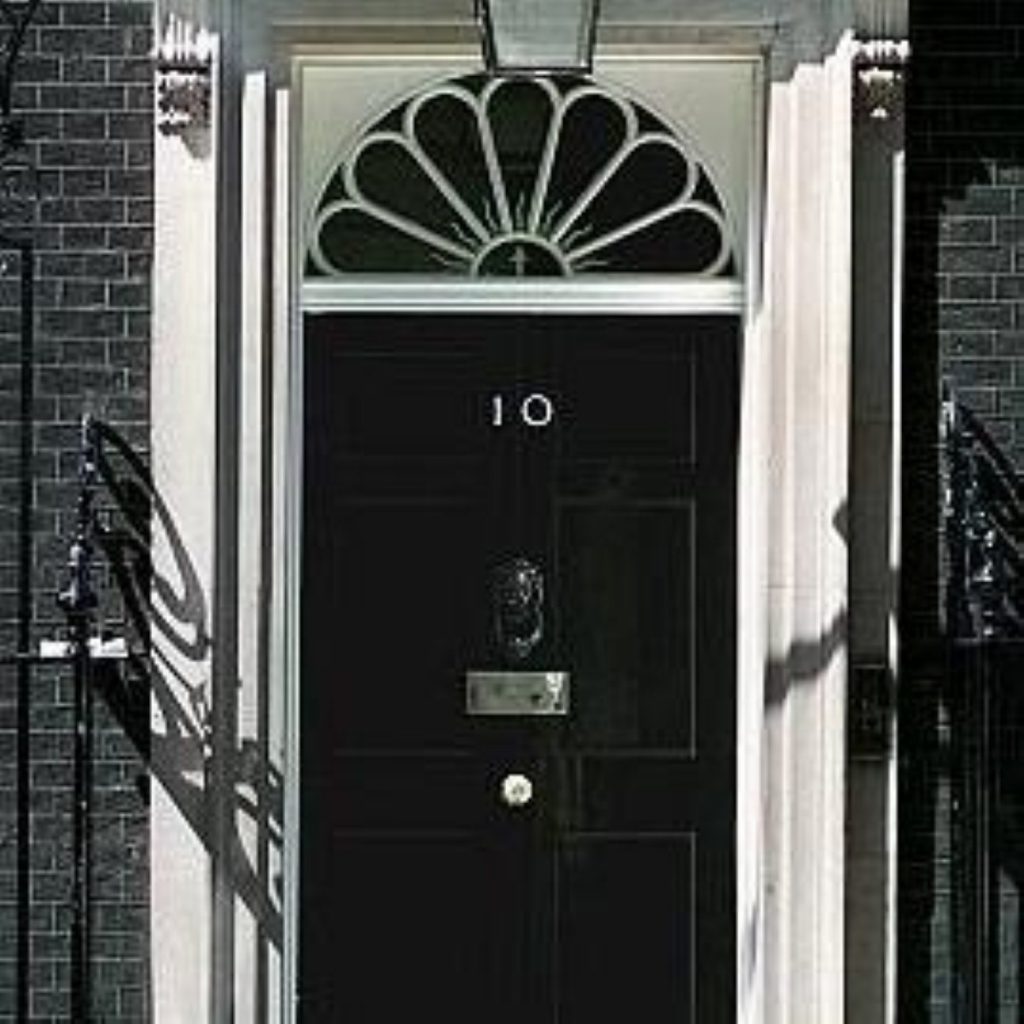Resignations hammer Brown as he reshuffles government
By Alex Stevenson and Ian Dunt
Gordon Brown has been battered by resignations as he tried to reshuffle his Cabinet team.
In a day of rapid and unprecedented developments in Westminster, the prime minister found himself plagued by out-of-control ministers, Cabinet secretaries and even backbench MPs, as he desperately tried to assert his authority.
The final straw came when Caroline Flint announced her resignation as Mr Brown was delivering a press conference in the late afternoon.


Having just gone on television to support the prime minister, Europe minister Ms Flint – who was widely expected to resign last night -suddenly launched a devastating broadside against her boss.
Saying he ran a “two-tier government”, Ms Flint said the prime minister treated her “like female window dressing”.
“I am not willing to attend Cabinet in a peripheral capacity any longer,” her letter continued.
“I have only been invited once since October.”
She went on to stress her loyalty to Mr Brown, before writing: “I was extremely angry and disappointed to see newspapers briefed about my involvement in a plot.”
Ironically, one of the most devastating attacks came from backbencher Ian Gibson, who was already barred from standing in the next general election by Labour’s ‘star chamber’ over his expenses.
But today the Norwich North MP resigned with immediate effect, triggering a by-election in the constituency, which has a 7,000-strong majority.
Other Cabinet members who resigned today included Geoff Hoon, transport secretary, John Hutton, defence secretary and Margaret Beckett, housing minister. Employment minister Tony McNulty also quit.
The shake-up was brought forward from next Monday after work and pensions secretary James Purnell became the third Cabinet member to quit in as many days last night.
But there were little substantial change in the reshuffle itself.
Most of the old figures are still in place. Glenys Kinnock, wife of former Labour leader Neil, will take over as Europe minister, while Alan Sugar will become ‘enterprise tsar’. Both will require a seat in the House of Lords.
The prime minister does appear to have survived a week which would have surely buried many less “resilient” leaders, however.
Defence secretary Mr Hutton condemned Mr Purnell’s decision but followed suit himself this morning, citing family reasons.
Foreign secretary David Miliband, chancellor Alistair Darling and justice secretary Jack Straw are remaining in their posts.
Promotions have been handed to defence minister Bob Ainsworth, who now becomes the Ministry of Defence’s secretary of state; Andy Burnham, who is the new health secretary; and Ben Bradshaw, who swaps departments with Mr Burnham to become culture, media and sport secretary.
Mr Miliband’s decision was being interpreted as a vital lifeline to Mr Brown. Many potential rebels had looked to his actions after Mr Purnell’s resignation as a sign of whether the prime minister can hold the Cabinet together.
Mr Brown is understood to have been forced to accept Mr Darling remaining in No 11 against his better instincts following the chancellor’s determination to stay or leave outright. Children’s secretary Ed Balls, who had been rumoured to be a favoured replacement, stays in his job.
Business secretary Peter Mandelson’s department has expanded to incorporate the Department for Innovation, Universities and Skills (DIUS).
Its key role, Downing Street said, was to “build Britain’s capabilities to compete in the global economy”.
DIUS’ secretary of state John Denham will replace Hazel Blears, who resigned on Wednesday, at the Department for Communities and Local Government.









